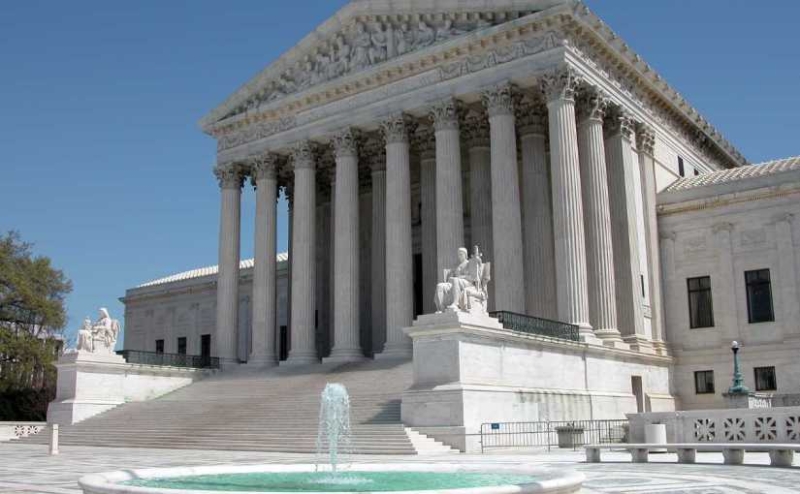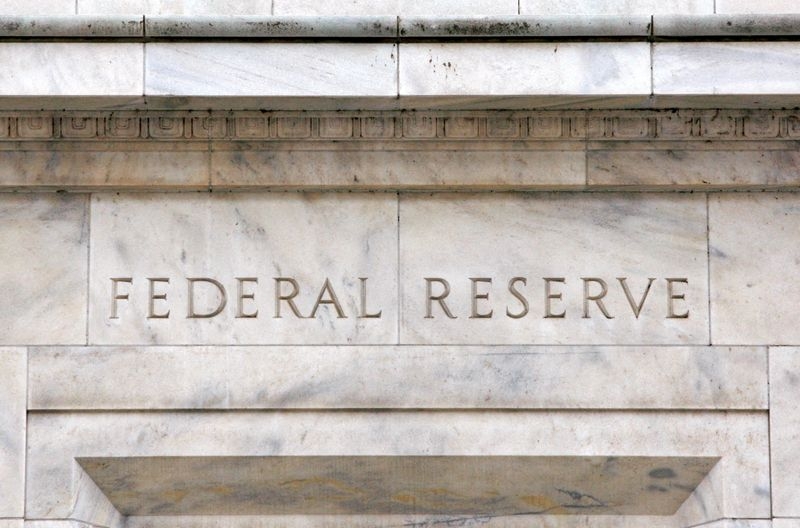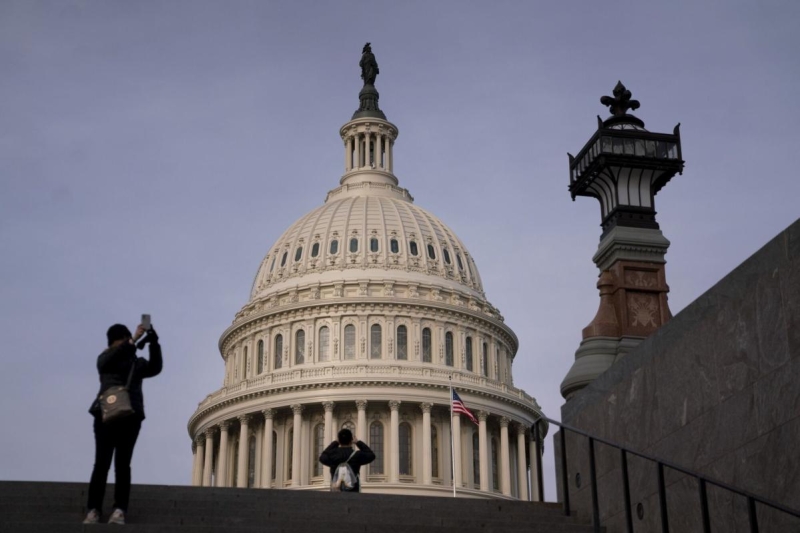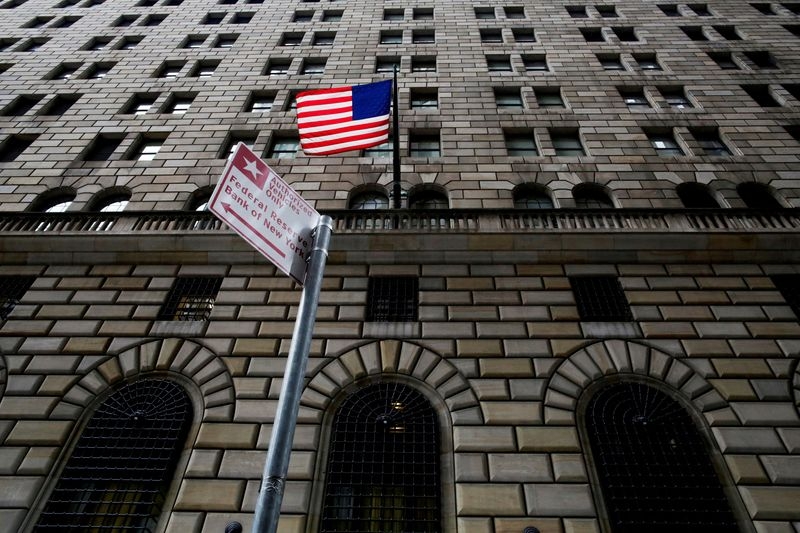
In Department of Education v. Louisiana, the Supreme Court issued a rare August opinion to maintain two preliminary injunctions that block the Department of Education’s new rule. That rule expands Title IX to prevent sexual-orientation and gender-identity discrimination. State coalitions brought challenges; district courts in Louisiana and Kentucky enjoined the rule during the litigation; the Fifth and Sixth Circuits denied the government’s requests to stay the injunctions, nor would the Supreme Court intercede for the government.
All the Justices agreed that aspects of the rule warranted interim relief, most centrally the “provision that newly defines sex discrimination” to include sexual-orientation and gender-identity discrimination. But because the district courts enjoined the entirety of the rule, the scope of relief proved divisive. A narrow majority agreed to leave the broad injunctions in place, while four Justices in dissent argued to sever the suspect aspects of the rule and allow the remainder of the rule to take effect. With emphasis on the “emergency posture,” the majority explained that the government had not carried its burden “on its severability argument.”
Justice Sotomayor’s dissent proposed limiting the injunctions to just the three challenged aspects of the rule. The dissent focused on the “traditional” limits on courts’ power to fashion “equitable remedies.” That Justice Gorsuch joined Justices Sotomayor, Kagan, and Jackson should come as no surprise. Justice Gorsuch has harped on limiting equitable remedies to party-specific relief (e.g. Labrador v. Poe); cast doubt on severability doctrine (Barr v. AAPC (opinion concurring in part and dissenting in part)); and, of course, authored the landmark Bostock v. Clayton County decision that interpreted Title VII to protect against sex discrimination in much the same way the Department wishes to interpret Title IX.
This decision is an unreliable forecast of the Court’s view of what Title IX sex discrimination encompasses. The Court unanimously agreed to table the debate over the Department’s new definition of sex discrimination while the lower courts proceed “with appropriate dispatch.” The case concerned the status of the rest of the rule as that litigation continues.
A truer tell on the merits is the Sixth Circuit panel’s order denying the government’s stay request. The panel found it “likely” “that the Rule’s definition of sex discrimination exceeds the Department’s authority.” Preliminarily at least, the court thought it unlikely that Title IX—last amended in 1972—addresses sexual-orientation and gender-identity discrimination. The Sixth Circuit has been reluctant “to export Title VII’s expansive meaning of sex discrimination to other settings”—and so it was here.
If “past is not always prologue,” still sometimes it is. The Sixth Circuit panel divided on the injunction’s scope just like the Supreme Court. Chief Judge Sutton and Judge Batchelder formed the majority, finding that the three “central provisions of the Rule . . . appear to touch every substantive provision.” Saddling school administrators with new regulatory requirements on the eve of the new schoolyear tipped the equities toward enjoining the full rule. Judge Mathis dissented because the injunction disturbed provisions of the rule “that Plaintiffs have not challenged.”
For now, the Department’s new rule yields to the old one. That rule, too, is being litigated in the Sixth Circuit because guidance documents say the Department will interpret Title IX the same way Bostock interpreted Title VII. See Tennessee v. Dep’t of Educ. and this coverage at the Notice & Comment blog. To close out with some Supreme Court trivia—this marks its first mid-summer opinion since Alabama Association of Realtors v. DHHS in 2021, where the Court ended the Biden Administration’s Covid-era moratorium on evictions. Before that may be the Court’s September 2012 decision Tennant v. Jefferson County Commission involving a challenge to West Virginia’s congressional districts.
© Copyright 2024 Squire Patton Boggs (US) LLP by: Trane J. Robinson of Squire Patton Boggs (US) LLP For more news on SCOTUS Decision in Department of Education v. Louisiana, visit the NLR Public Education Services section.





